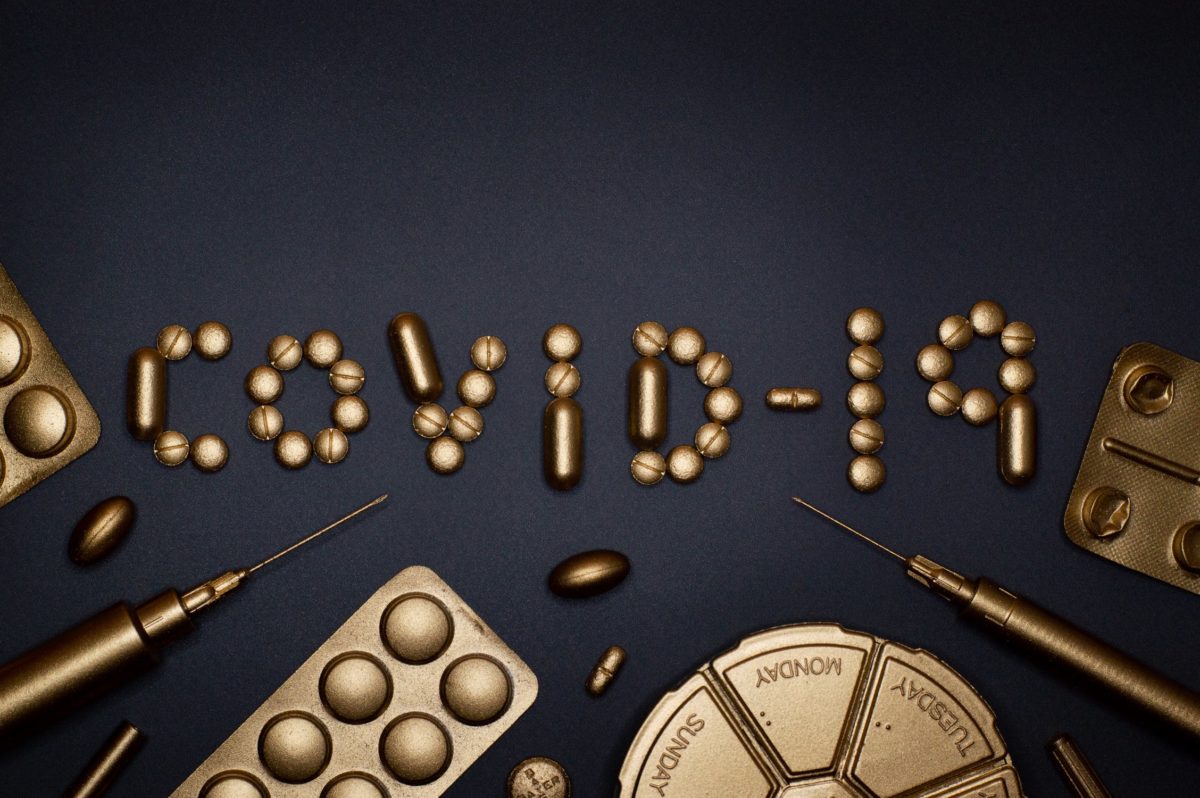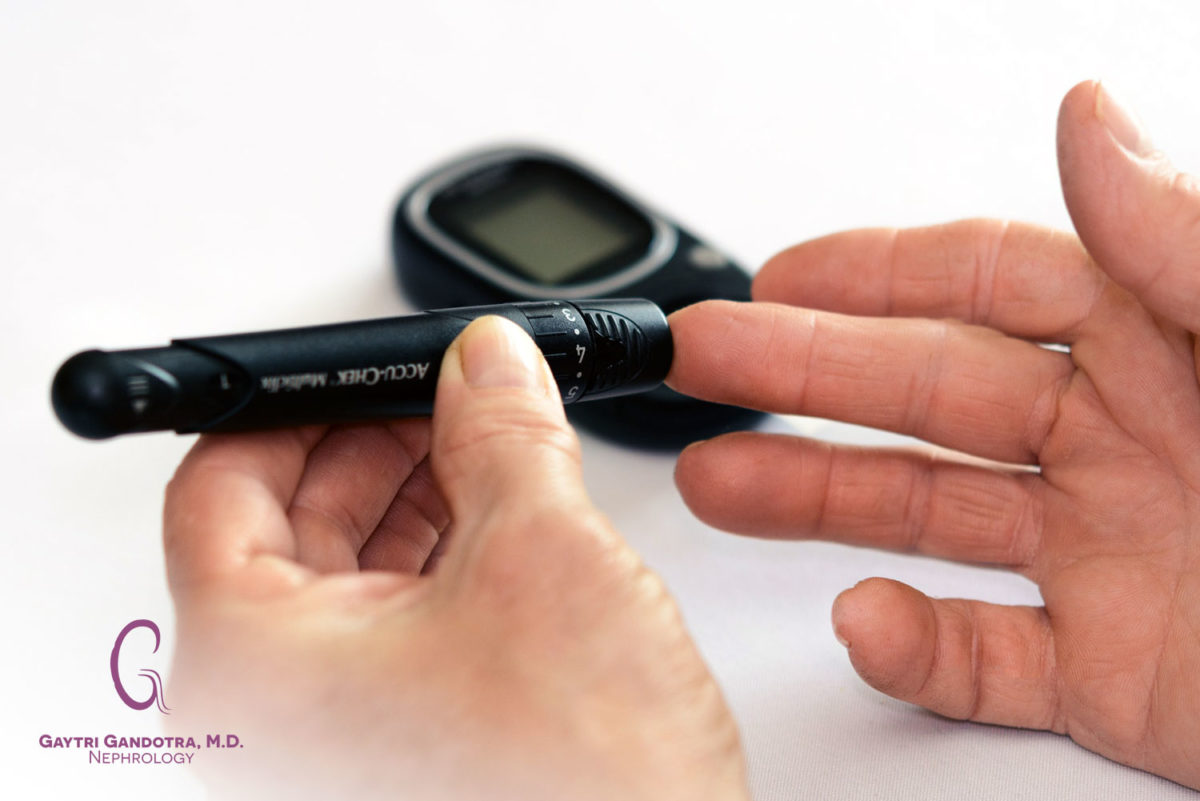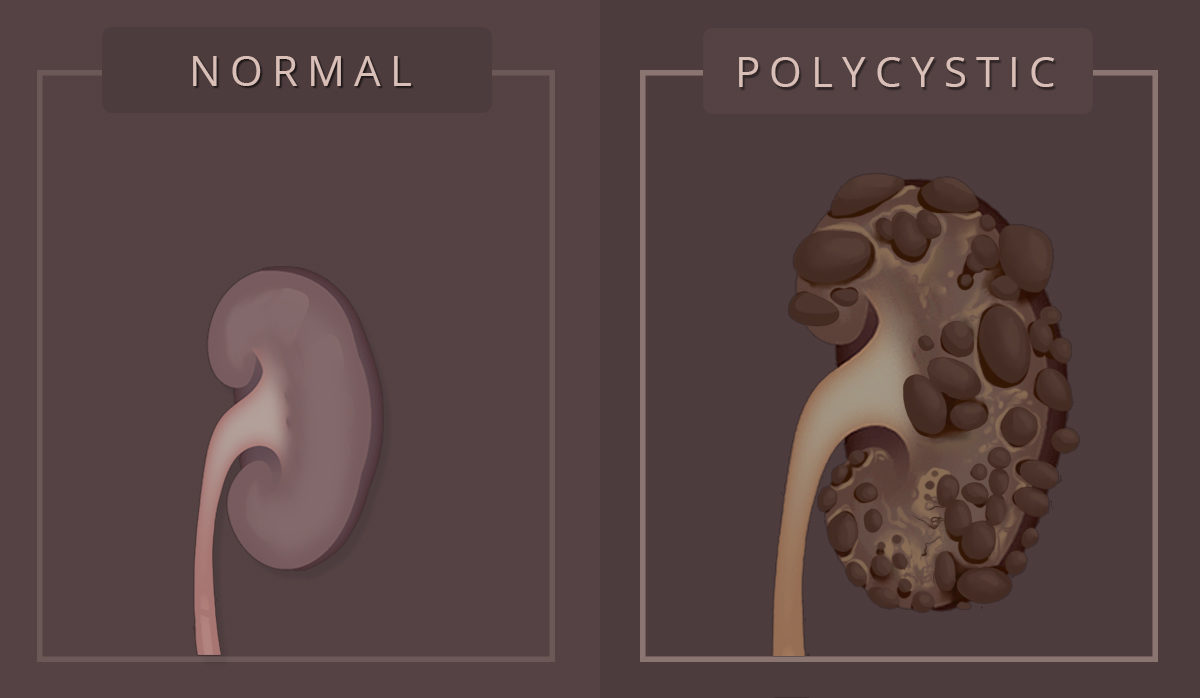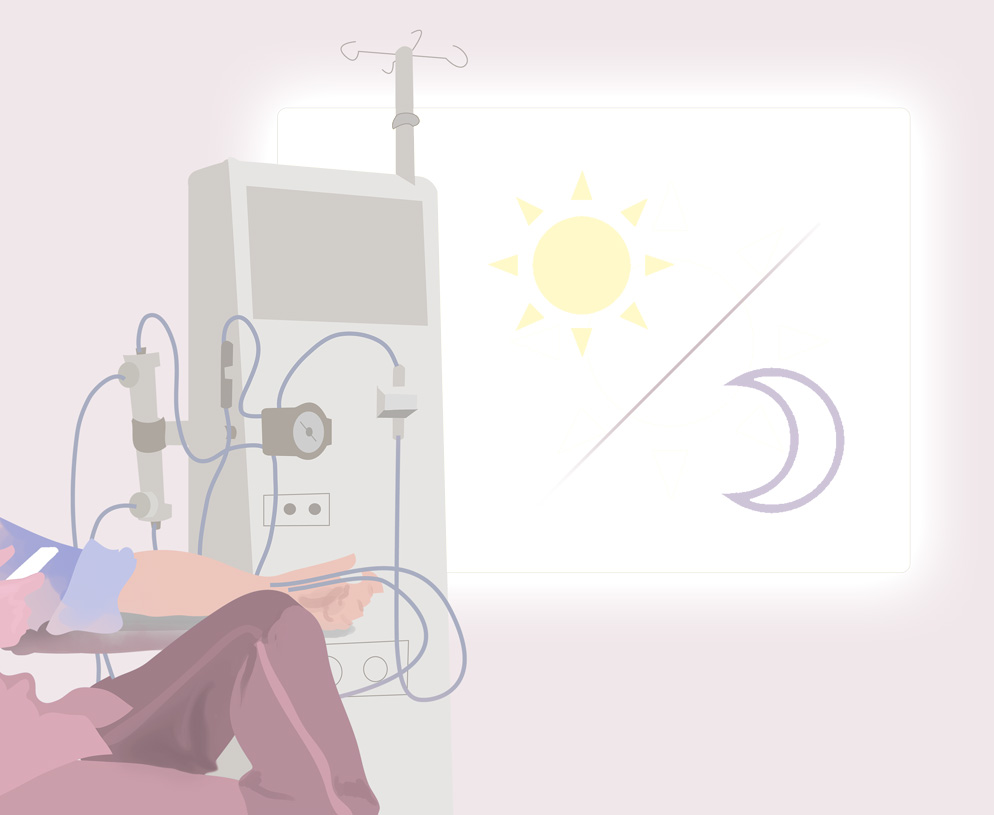While research on Chronic Kidney Disease (CKD) is limited, recent studies have shown that many patients with CKD have a deficiency of micronutrients. Micronutrients are essential vitamins and minerals we get through our diet. Dietary restrictions and anorexia in CKD and dialysis patients lead to insufficient micronutrient intake. Other contributing factors include dialysis and diuretics which leads to even further …
What you should know about COVID-19 and how it affects your kidneys
Coronavirus 2019 (COVID-19) hit headlines as a novel respiratory virus that traveled quickly through Wuhan, China, making its way to other countries by early 2020. By March 1st, COVID-19 was declared a pandemic. Most of the common symptoms of COVID-19 include fever, shortness of breath, and a dry cough that can last up to two weeks. While most of the …
Taking Care of Kidneys During Pregnancy
Our body goes through several physiological changes during pregnancy, and the kidney is no exception. During pregnancy, both sodium and water retention increases plasma volume. This increases the blood flow to the kidneys during pregnancy. When there is an increase in blood flow to the kidney, the filtration rate, also known as GFR, will increase up to about 50%. Blood …
Executive Order Improves Kidney Transplants & Dialysis
Earlier this year, President Trump signed the first executive order since the 1970s to improve kidney care access. This order aims to encourage kidney transplants and decrease the cost of in-home dialysis treatments. It has been acclaimed by the National Kidney Foundation’s CEO, Kevin Longino, “Kidney care is, for the first time in decades, experiencing a renaissance that can transform …
What is IgA Nephropathy?
IgA Nephropathy, also known as Berger’s disease, is one of the most common glomerular diseases worldwide and is the reason for about 10% of the kidney biopsies within the US. It is responsible for almost one third of all kidney biopsies in all Asian countries, where it is also a leading cause of dialysis. Most cases of IgA nephropathy can be …
Proteinuria: What Causes Protein in Urine?
Have you noticed foam, froth, or an unusual amount of bubbles in your urine? Maybe your hands or feet are swelling more than normal? These are symptoms of excess protein in urine, also known as proteinuria. This condition is typically caused by issues with the kidneys (which are the body’s natural filters). There are various causes that may lead to …
Hyperkalemia: Effects of High Potassium Levels
High potassium, known as hyperkalemia, is a common electrolyte abnormality in patients with chronic kidney disease. While most of us have heard that potassium is good for us and needs to be incorporated to have a well-balanced diet, potassium actually needs to be monitored in chronic kidney disease (CKD) patients. What Causes Hyperkalemia? Potassium enters the body orally, through foods …
Types of PKD
Polycystic Kidney Disease (PKD) is a genetic disorder that causes fluid-filled cysts to form on the kidney. There are two different types of PKD. Combined, they are responsible for 5-10% of the patients who are diagnosed with End-Stage Renal Disease on dialysis. Types of PKD There are two types of PKD: Autosomal Dominant and Autosomal Recessive. Autosomal Dominant PKD is …
Diagnosed with CKD: What to Expect
It is important to keep your kidneys healthy because they play an essential role in your body! The kidneys are two bean shaped organs that keep your body in equilibrium. Your kidneys receive 20% of the blood that your heart pumps every minute and excretes any excess water and electrolytes through your urine. As the health of your kidneys start …
What You Need to Know About Kidney Stones
Approximately 10% of the US population will develop kidney stones, and half of these will have recurrent disease. There are several different types of kidney stones; however, 80% of kidney stones contain calcium. Have you ever wondered about kidney stones, and whether you might have one? About Kidney Stones: Risk Factors The risk factors for developing a kidney stone include: …










